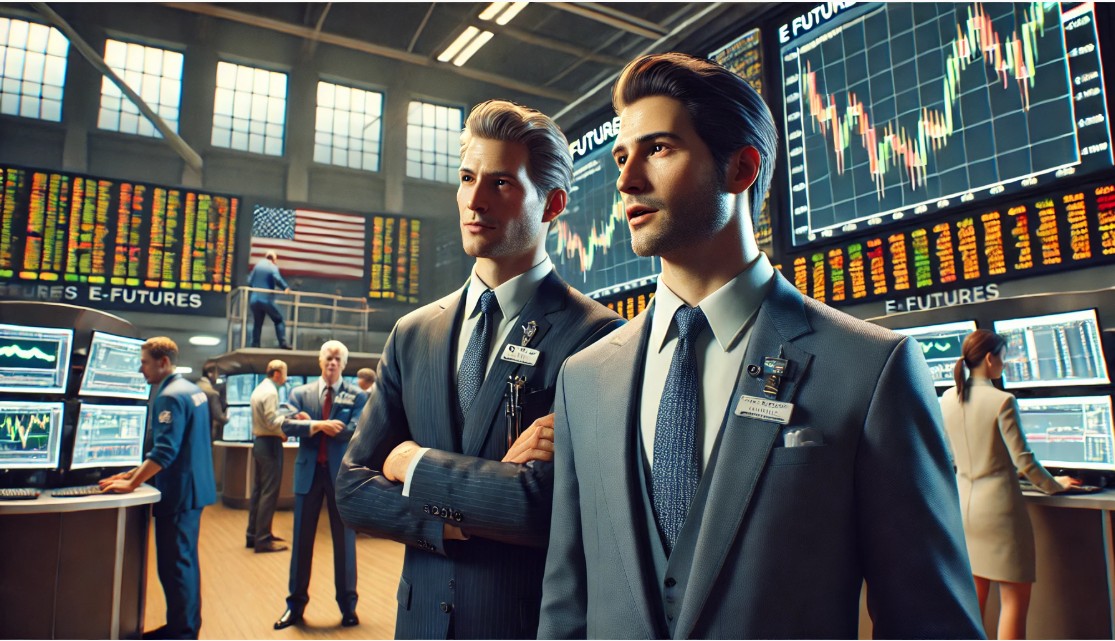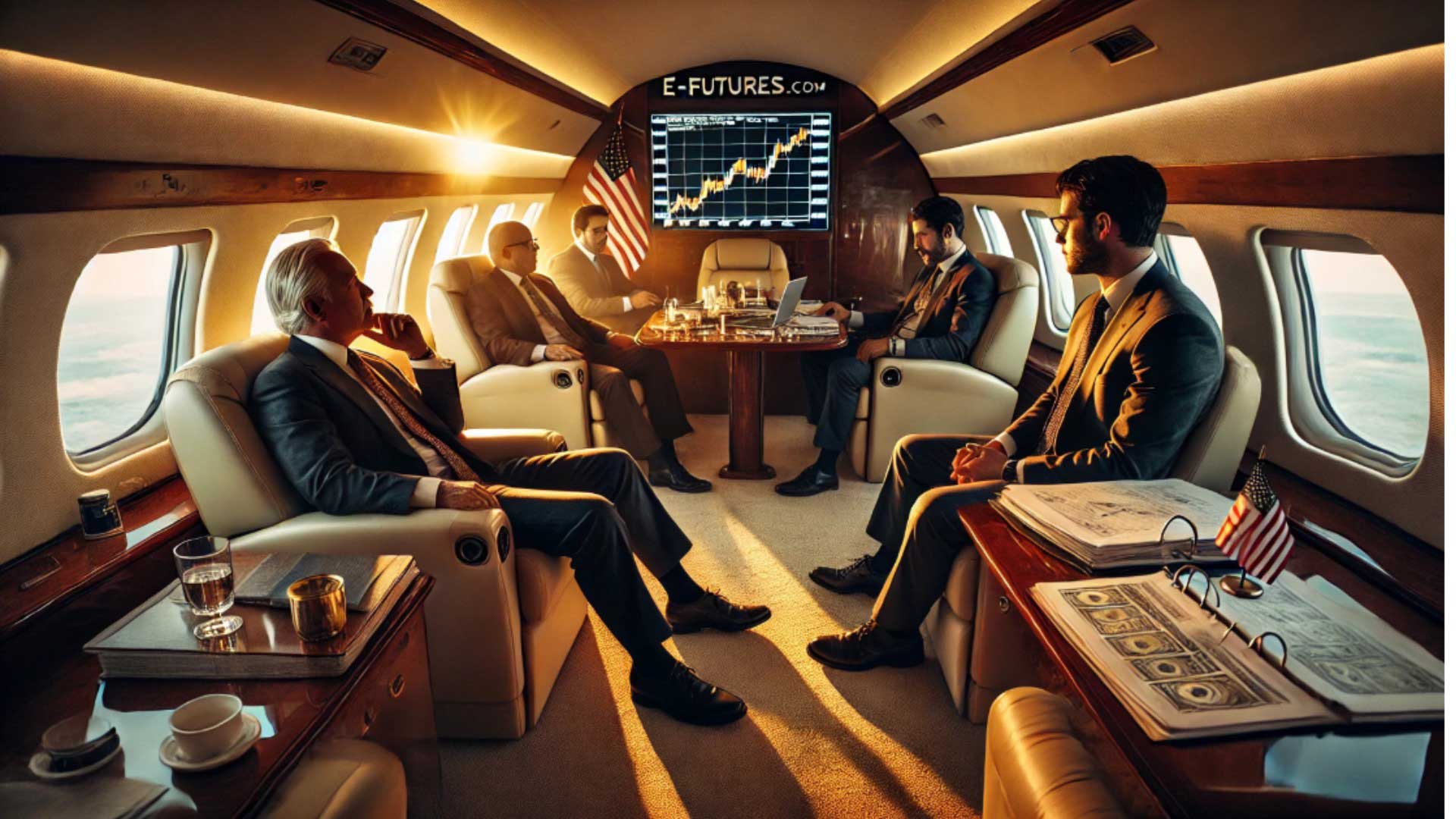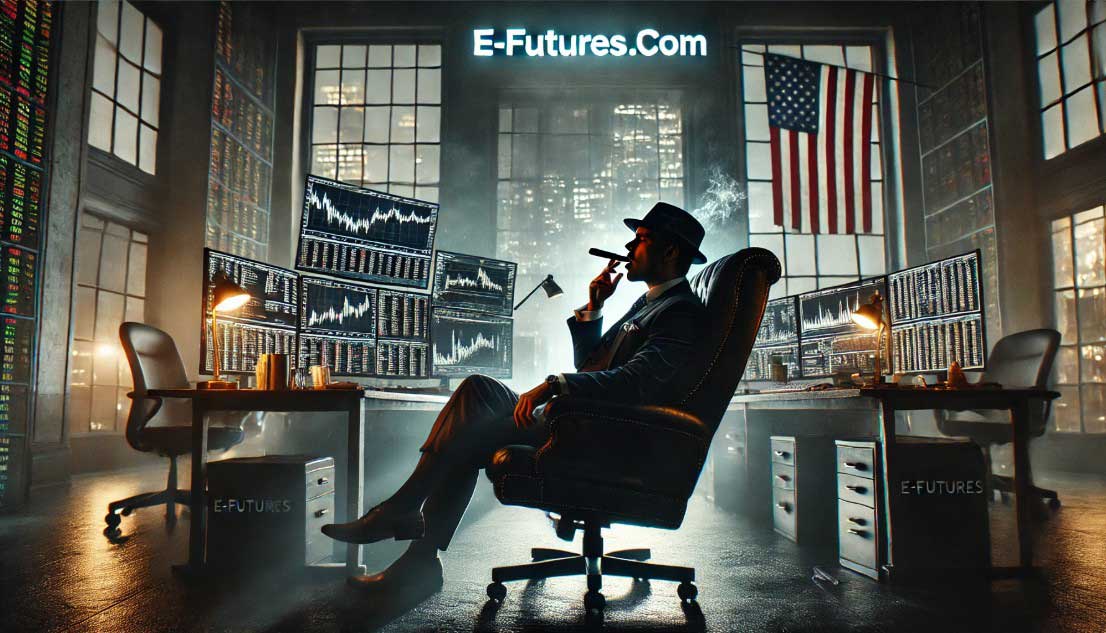In the dynamic world of futures trading, the role of a futures broker is both critical and multifaceted. These professionals serve as the bridge between traders and the futures markets, providing tools, insights, and services designed to facilitate informed trading decisions. Beyond their primary function of executing trades, futures brokers often provide a range of lesser-known accommodations that can significantly enhance a trader’s experience. This article delves into these accommodations, strategies for leveraging your futures broker effectively, real-life anecdotes, and a case study on why E-Futures.com stands out as a top choice in the industry.
Lesser-Known Accommodations Offered by Futures Brokers
While most traders are aware of the fundamental services provided by their futures broker—such as market access, trade execution, and margin management—there are several other accommodations that can be equally valuable but are not as widely recognized. These include:
- Personalized Market Insights and Analysis
Some futures brokers offer tailored market analysis based on a client’s trading history and interests. This goes beyond generic market updates and includes: - Custom Watchlists: Brokers can help clients set up watchlists specific to their trading strategies.
- Proprietary Indicators: Advanced futures brokers often provide proprietary tools or indicators that are not available on public platforms.
- Access to Research Reports: Exclusive reports on emerging trends in commodities, currencies, or indices.
For instance, a novice futures trader interested in agricultural commodities might benefit from a broker’s insights into seasonal trends affecting soybean futures. This customized support helps bridge the gap between inexperience and market knowledge.
Risk Level: Moderate. While tailored advice can improve decision-making, over-reliance on broker insights without independent analysis can lead to blind spots.
- Training and Educational Resources
Reputable futures brokers often provide educational resources such as webinars, tutorials, and one-on-one training sessions. These materials cater to traders of all skill levels and cover topics like: - Risk management strategies
- Technical and fundamental analysis
- Platform navigation
A case in point involves a mid-level futures trader who learned advanced risk hedging strategies through a broker-hosted webinar. This education enabled them to better manage exposure during volatile trading periods.
Risk Level: Low. Education equips traders to make informed decisions, though overconfidence after limited training can still pose risks.
- Algorithmic Trading Assistance
For advanced traders, some brokers offer support in developing and deploying algorithmic trading strategies. Services may include: - API Access: To integrate external trading systems with the broker’s platform.
- Custom Algo Development: Some brokers assist in coding or optimizing algorithms.
- Backtesting Tools: To simulate strategies against historical data.
A professional futures trader using an algorithm to trade crude oil futures might leverage their broker’s API and backtesting tools to fine-tune their strategy before deploying it in a live market.
Risk Level: High. Algorithmic trading requires precision; errors in coding or strategy can lead to significant losses.
- Concierge-Level Support
High-net-worth or institutional clients often receive concierge-level services, such as: - Priority access to customer support.
- Dedicated account managers.
- Expedited trade execution during high-volume periods.
These services can prove invaluable in situations like margin calls or highly time-sensitive trades. For example, a futures trader managing a portfolio of energy contracts may need immediate support during sudden price spikes.
Risk Level: Moderate. While enhanced support reduces operational risk, it doesn’t eliminate market risk.
- Specialized Order Types
Certain futures trading brokers offer a variety of specialized order types to suit different trading strategies, including: - Trailing Stops: To lock in profits while letting trades run.
- Iceberg Orders: To execute large trades without revealing their full size to the market.
- Brackets: To automate stop-loss and take-profit levels.
These tools are especially beneficial to futures traders who need precise control over their trades. For example, using a bracket order for a gold futures contract can help a trader set predefined exit points to manage risk.
Risk Level: Low to Moderate. Automated order types help enforce discipline but can backfire during extreme market conditions.
Maximizing the Value of Your Futures Broker
To utilize a futures broker effectively, traders should consider the following strategies:
- Clear Communication
Establishing open communication with your broker ensures they understand your trading goals, risk tolerance, and preferred markets. For example, a futures trader focusing on equity indices should inform their broker about their interest in S&P 500 E-mini contracts.Risk Level:
Low. Transparent communication enhances alignment but doesn’t guarantee profitable trades. - Leverage Broker Tools
Most brokers provide platforms equipped with charting tools, news feeds, and analytical features. A futures trading broker offering an advanced platform like CannonX, which combines intuitive design with robust functionality, allows traders to: - Analyze market trends.
- Execute trades swiftly.
- Monitor positions in real-time.
A real-life example involves a trader using the CannonX platform to monitor live cattle futures, successfully identifying an upward trend early and securing a profitable position.
Risk Level: Moderate. While tools enhance decision-making, markets remain unpredictable.
- Participate in Broker Events
Many brokers host events such as: - Live Trading Sessions: To observe professional strategies.
- Q&A Panels: With market analysts and seasoned traders.
- Networking Opportunities: To connect with like-minded individuals.
By attending these events, traders can gain actionable insights and broaden their market perspective.
Risk Level: Low. Events are educational, though applying insights without further analysis can pose risks.
- Test Strategies in Simulated Environments
Most futures brokers offer demo accounts to test strategies in a risk-free setting. This feature is particularly useful for refining techniques without jeopardizing capital.A case study involved a futures trader experimenting with options on wheat futures in a simulated environment. This practice helped them understand the nuances of options trading before transitioning to live markets.Risk Level:
Low. Simulations eliminate financial risk but lack the emotional dynamics of real trading.
Case Study: Why E-Futures.com Excels in Futures Trading
E-Futures.com stands out in the crowded futures trading industry due to its comprehensive offerings and stellar reputation. Here’s why:
- Robust Trading Platform: CannonX
The CannonX platform combines user-friendly navigation with advanced features, such as: - Real-time market data.
- Customizable charts.
- Algorithmic trading support.
For instance, a professional trader leveraged CannonX to execute a complex strategy involving multiple natural gas futures contracts, appreciating its seamless functionality.
- TrustPilot Ratings
With a 5 out of 5-star rating on TrustPilot, E-Futures.com has demonstrated consistent client satisfaction. Reviews often highlight: - Exceptional customer service.
- Transparent pricing.
- Dependable platform performance.
- Decades of Experience
E-Futures.com’s long history in the futures market instills confidence. Their brokers have weathered various market cycles, equipping them to guide traders through periods of volatility. - Regulatory Excellence
Adhering to strict guidelines from regulatory bodies like the NFA ensures that E-Futures.com operates with integrity, safeguarding client interests.Risk Level:
Moderate. While E-Futures.com provides a robust framework for trading, individual decisions still determine outcomes.
Real-Life Anecdotes and Lessons Learned
A Successful Trade on Corn Futures
A farmer-turned-futures trader used their broker’s insights to hedge against potential losses from a poor harvest. By taking a long position on corn futures, they mitigated their risk and even turned a profit as corn prices rose unexpectedly.
Risk Level: Low to Moderate. Hedging reduces specific risks but doesn’t guarantee profit.
An Algorithmic Strategy Gone Awry
A seasoned trader deployed an algorithm on crude oil futures but overlooked a coding error. Despite the broker’s warning, the algorithm executed unintended trades, resulting in a significant loss.
Risk Level: High. Algorithmic trading requires meticulous testing and oversight.
Futures brokers play a pivotal role in enabling traders to navigate the complexities of the futures markets. By offering lesser-known accommodations, such as personalized insights, algorithmic support, and advanced platforms like CannonX, brokers provide tools and resources that empower clients to make informed decisions. Traders can maximize these benefits by maintaining clear communication, utilizing broker tools, and engaging in continuous learning.
E-Futures.com exemplifies excellence in the industry, combining decades of experience, regulatory compliance, and cutting-edge technology to support traders of all levels. Whether you’re new to futures trading or an experienced professional, the value of a competent futures trading broker cannot be overstated.
To open an account with E-Futures.com, please click here.
Ready to start trading futures? Call US 1(800)454-9572 – Int’l (310)859-9572 email info@cannontrading.com and speak to one of our experienced, Series-3 licensed futures brokers and start your futures trading journey with E-Futures.com today.
Disclaimer – Trading Futures, Options on Futures, and retail off-exchange foreign currency transactions involves substantial risk of loss and is not suitable for all investors. Past performance is not indicative of future results. You should carefully consider whether trading is suitable for you in light of your circumstances, knowledge, and financial resources. You may lose all or more of your initial investment. Opinions, market data, and recommendations are subject to change at any time.
Important: Trading commodity futures and options involves a substantial risk of loss. The recommendations contained in this writing are of opinion only and do not guarantee any profits. This writing is for educational purposes. Past performances are not necessarily indicative of future results.
**This article has been generated with the help of AI Technology. It has been modified from the original draft for accuracy and compliance.
***@cannontrading on all socials








